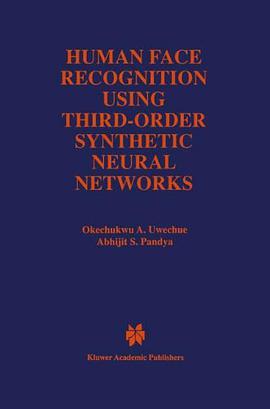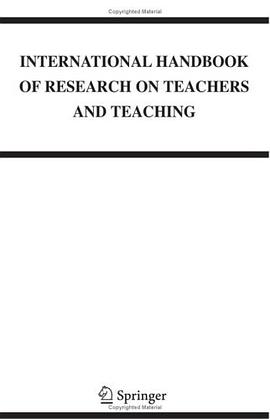

具体描述
An intriguing "intellectual portrait" of a generation of Soviet reformers, this book is also a fascinating case study of how ideas can change the course of history. In most analyses of the Cold War's end the ideological aspects of Gorbachev's "new thinking" are treated largely as incidental to the broader considerations of power -- as gloss on what was essentially a retreat forced by crisis and decline. Robert English makes a major contribution by demonstrating that Gorbachev's foreign policy was in fact the result of an intellectual revolution. English analyzes the rise of a liberal policy-academic elite and its impact on the Cold War's end. English worked in the archives of the USSR Foreign Ministry and also gained access to the restricted collections of leading foreign-policy institutes. He also conducted nearly 400 interviews with Soviet intellectuals and policy makers -- from Khrushchev- and Brezhnev-era Politburo members to Perestroika-era notables such as Eduard Shevardnadze and Gorbachev himself. English traces the rise of a "Westernizing" worldview from the post-Stalin years, through a group of liberals in the late1960s--70s, to a circle of close advisers who spurred Gorbachev's most radical reforms.
作者简介
目录信息
读后感
评分
评分
评分
评分
用户评价
从思想史切入苏联解体前的状况
评分从思想史切入苏联解体前的状况
评分从思想史切入苏联解体前的状况
评分从思想史切入苏联解体前的状况
评分从思想史切入苏联解体前的状况
相关图书
本站所有内容均为互联网搜索引擎提供的公开搜索信息,本站不存储任何数据与内容,任何内容与数据均与本站无关,如有需要请联系相关搜索引擎包括但不限于百度,google,bing,sogou 等
© 2026 book.wenda123.org All Rights Reserved. 图书目录大全 版权所有




















